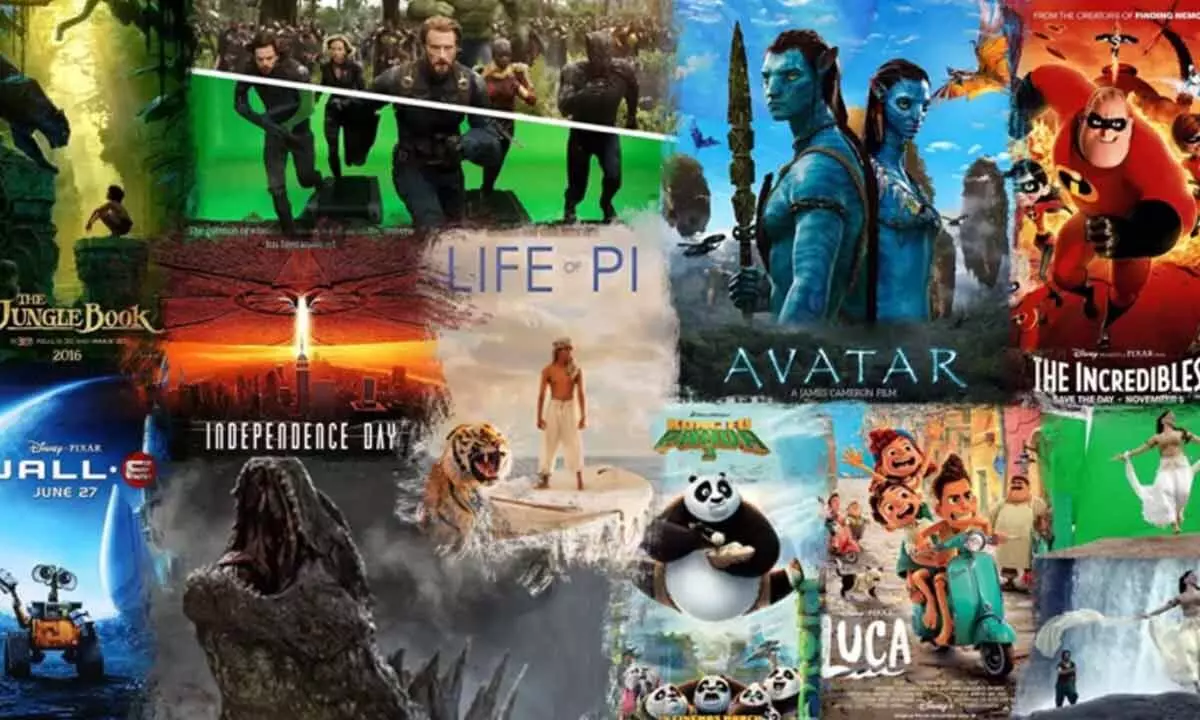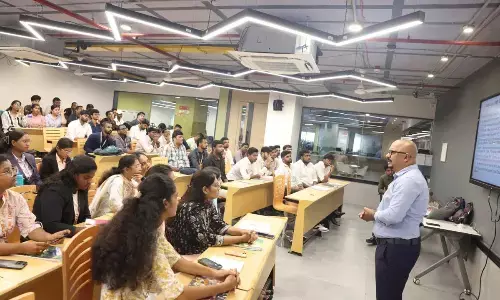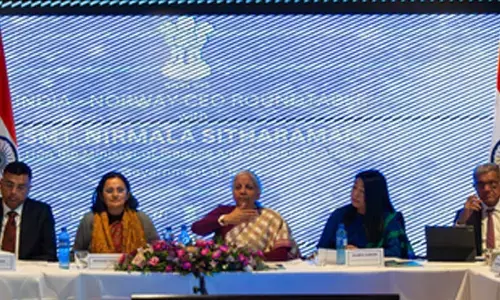2023 set to be an animated year

2023 set to be an animated year
The worldwide animation sector is paving the way for fresh customers in developing nations
The worldwide animation sector is paving the way for fresh customers in developing nations. Animation has evolved from simply manipulating still images to using computer-generated images to tell a story.
Industries like communication and technology are driving the global animation market, and animated content is becoming more readily accessible on a range of channels. The report predicts that between 2021 and 2030, the animation industry will grow at a CAGR of 5.2 per cent.
The spectrum auction in India concluded a few months ago, with existing operators paying INR 150,173 crore for 51,236 MHz of spectrum across several 5G networks. The telecom operators have already started to roll out 5G services in various parts of the country. Customers will benefit from speedier service as a result of mobile devices connecting to wireless networks significantly faster and customers experiencing faster download and upload rates. As a result of rising smartphone usage, rapid internet adoption, and the acceleration of mobile broadband and data access, a Deloitte report predicts that India's digital economy will reach $1 trillion by 2025. However, this increase is anticipated to be primarily driven by 5G. The speed and latency improvements delivered by 5G, combined with AI, will open the door to brand-new possibilities that can make the viewing experience smarter and more personalized. The most important 5G benefit for consumers is improved mobile video streaming quality, eventually moving to ultra-high definition (UHD) format as it becomes available.
With 5G, watching will become more immersive. These rapid technological advancements, both in newer platforms powered by 5G and the fast-evolving tech adoption in animation, are ensuring a promising future for animators and visual graphics artists. Customers' access to high-quality video streaming experiences should be central to media companies' strategies. Ideally, they should: Make the creation and distribution of high-quality video - a video that sets them apart from the competition - a top priority. Moreover, 5G will also enable the streaming of 4K resolution content, which again offers phenomenal video quality when it comes to the animation-watching experience. A high-speed network is sure to create a suitable environment for further technological innovations in the field. Here is how 5G will impact the animation industry:
Reduced latency and faster speed
The benefits of 5G include, but are not limited to, data speeds that are 100 times faster than those of 4G, 10 times reduced latency, 100 times more network capacity, and much more dependable connections. Some of the effects of these advancements are more glaring: although downloading a two-hour HD movie. The high speeds of 5G wireless will also work in conjunction with 5G's improvements in latency, capacity, and reliability to make it easier for new competitors to enter the market and for both old and new competitors. 5G will significantly accelerate and reduce latency in the creation of computer-generated graphics.
Improving the quality and design of animation
With 5G, the animation will surely continue to improve, even though it is of the highest quality. As movie quality continues to rise, the future of animation appears to be on an interesting path.The future of animation is unlimited. With 5G, we can now develop new tools and techniques much faster and better. It can get more difficult for us to tell what is real and what is animated as animation design and quality advance.
AR and VR in animation
When 5G network capabilities and mobile edge computing are merged, these types of services- often referred to as XR - can be provided with more flexibility (MEC). Direct delivery of XR content to headsets is possible, and scenes can be produced on the network with minimal local graphics processing. Furthermore, the combination of 5G with edge computing would result in processing speeds that are faster and latency that is lower, which would reduce the issue that some viewers currently have with motion sickness while viewing AR or VR.
The animation industry is changing quickly and will not slow down anytime soon. Expect even faster changes in the coming years as technology progresses and tastes shift to reflect our capabilities. With all of these animation trends occurring concurrently and animation quality becoming more realistic than ever, it is clear that the animation industry will become in demand and serve the expectations of its clients. It will probably take a few years before 5G starts to realize its full potential, despite the fact that the first 5G-capable gadgets have begun to hit the market. Consequently, forward-thinking animation companies have just enough time to develop their market strategies and prepare for their new competitors, despite the fact that 5G offers an infinite number of new business models and revenue streams.
(The author ischief operating officer (COO) at Ssoftoons)









